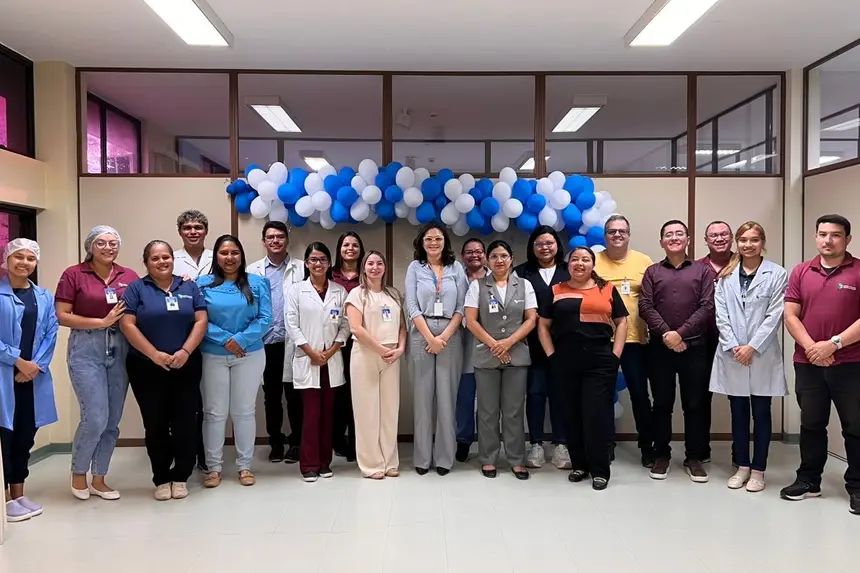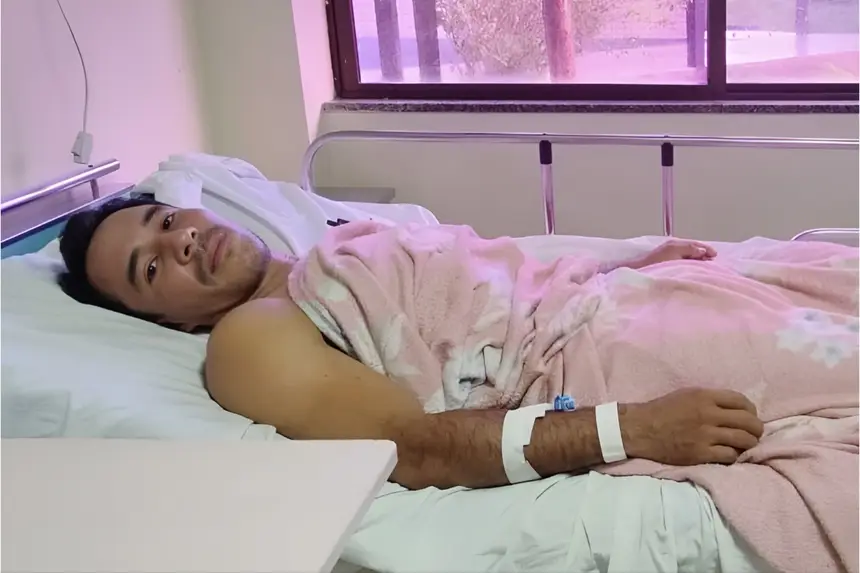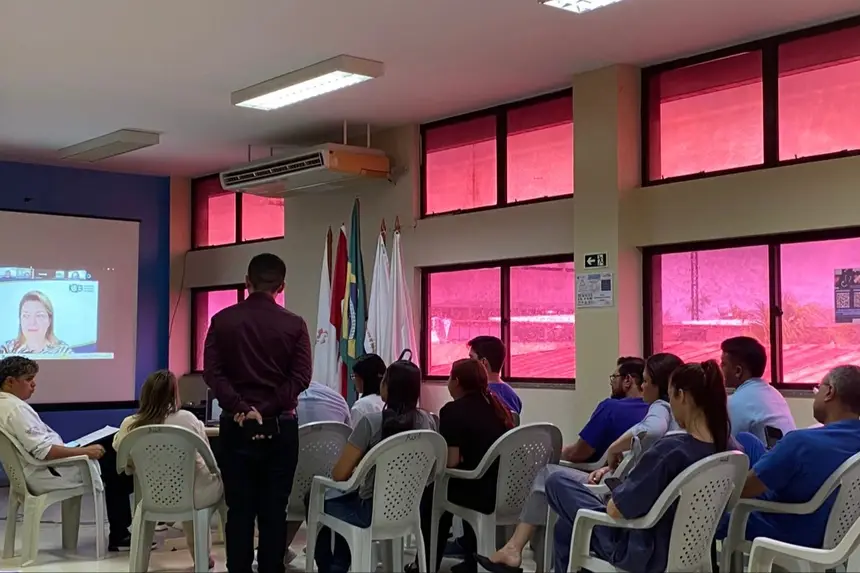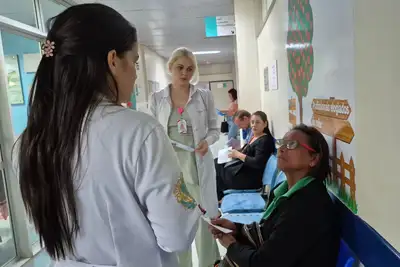Public Regional Hospital of Marajó (HRPM) maintains ONA II certification
Achievement attests to excellence in management, assistance, and sustainability
The permanent commitment to quality, safety, assistance, humanization, and sustainability in care has ensured that the Public Regional Hospital of Marajó (HRPM), in Breves, maintains the Accredited Hospital seal from the National Accreditation Organization (ONA) for the sixth consecutive cycle. In this stage, the unit achieved, for the second consecutive time, the Full Accreditation certification, which recognizes the rigorous compliance with excellence standards in management and assistance.
The Level 2 certification, also known as Full Accreditation, attests to compliance with integrated management criteria. This recognition reinforces the hospital's commitment to efficiency, safety, and the provision of patient-centered care, based on high-quality standards.
The hospital's executive director, Jusciely Pereira Machado, emphasizes that the recognition is the result of collective work and commitment to quality care, patient safety, and integrated management. “This achievement reaffirms our mission to provide excellent care to the population of the Marajó region. I thank all the collaborators and partners who contributed to this result,” she points out.
The manager also highlights that the certification reflects the effort, dedication, and ethical commitment of the entire team. “We will remain steadfast in our purpose to improve our services and promote health with responsibility and humanization. May this achievement motivate us even more in the pursuit of continuous improvement and overcoming new challenges,” she concludes.
With modern infrastructure, cutting-edge technology, and a wide range of medical specialties, the Marajó Hospital has a complete and highly qualified multiprofessional team. Linked to the 8th Regional Health Center (CRS), the hospital is a reference in serving the population.
Approval - Among the users who attest to the quality of care at HRPM is Edimilson Machado Dutra, 29, who was admitted to the unit after suffering a gunshot wound. “It has been a good experience. All the professionals are excellent and take great care of me. I feel safe about everything. It is a well-structured hospital that offers great care to the population,” highlighted the farmer.
Excellence - In addition to the ONA II certification, the multiprofessional team at HRPM maintains the Gold Seal awarded by the Brazilian GHG Protocol Program developed by the Getúlio Vargas Foundation (FGV)/SP since 2012. The seal is the highest level of recognition of the program, granted to organizations that present, in a complete and audited manner, the balance of their Greenhouse Gas (GHG) emissions.
HRPM also has a national recognition seal for the quality of food prepared and served to users, companions, and collaborators. The Green Kitchen seal is the result of the constant investment of the hospital unit's management in favor of the continuous improvement of gastronomy.
Sustainability - HRPM is managed by the National Institute of Social and Human Development (INDSH), under the management of the State Health Department (Sespa). The unit has been participating for two years in the “Blue Guardian” project, a national campaign that has elevated the level of sustainable management in health.
Due to the Blue Guardian, other initiatives have been adopted by HRPM. Among them, actions to reduce electricity consumption, replacement of disposable cups, collection points for batteries, expired medications, community visits to the HRPM garden, visits to the garden with children hospitalized in the hospital wards, and a hospital garden at school.
The Regional Hospital of Marajó is part of a group of six units in the health network of the Government of Pará, which practice sustainable practices, such as the adoption of renewable energy sources, such as solar and wind, which contributes to the reduction of pollutant gas emissions (greenhouse effect).
At HRPM, the initiative has already resulted in a 30% reduction in energy costs, allowing the reinvestment of these resources in the continuous improvement of care provided to users of the Unified Health System (SUS).
Text by Pedro Amorim












